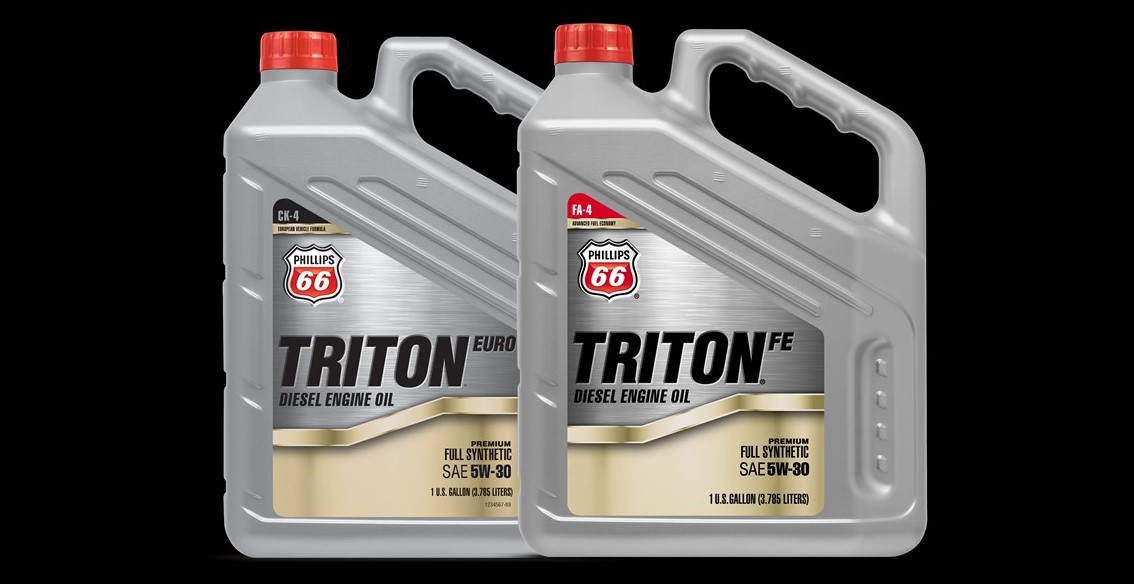DIESEL ENGINE OIL

Diesel engine oil has its own specifics, so it stands out in a separate class. This is primarily due to the deteriorated conditions of fuel combustion - mixture formation occurs already at the end of the compression stroke.
It is also necessary to take into account the increased pressure in the cylinders, because of which the products of incomplete combustion more actively penetrate the crankcase. When the engine runs on high sulfur fuel, the rate of oil aging, compared with gasoline engines, increases significantly.
ROLF Lubricants GmbH, developing new varieties of specialized diesel oils, focuses on increased stability, uses effective dispersant and detergent additive packages.
Characteristics of diesel oils
The main characteristic of diesel engine oil (from an operational point of view) is viscosity. Its change depending on temperature determines the applicability of the product for a particular engine, as well as the possibility of all-weather use.
According to the list of operational properties, engine oil for diesel is allocated:
- increased alkaline number . If allowed by the quality class, as the oil is actively gaining acidic compounds. This is especially true when the CPG is worn out and the diesel fuel is of unsatisfactory quality;
- active work of dispersing and washing additives . The oil must reliably retain soot, clean the engine of soot, allowing the oil filter to separate the particles of contaminants;
- excellent antiwear properties . Diesel engines are characterized by high loads on the crankshaft even at low speeds, when the oil pressure in the lubrication channels is the least;
- thermal stability . Despite the fact that the diesel engine due to the high efficiency is “colder” than the gasoline, at a number of points the oil can be heated significantly above the operating temperature of the engine itself. This is especially true for powerful turbodiesels.
High-quality engine oil for diesel cars is produced with the addition of a balanced and complex package of additives. This is especially true for specialized products that must comply with current environmental standards. They should also be designed for the use of multicomponent catalysts and particulate filters in the exhaust system.

Classification of diesel engine oil
For a more convenient selection of oil according to the characteristics of the engine should focus on the standardization system of lubricants. The oldest of these and the most common is the American Petroleum Institute (API) system. In it, oils for diesel engines are included in a separate group with the prefix C (Commercial).
The European ACEA system initially allocated diesel oils to group B, the standards were numbered numerically in the order of adoption. But after the introduction of Euro standards and the increasing complexity of toxicity reduction systems, two new class groups were created:
- ACEA C - oils for engines that comply with environmental standards Euro 4 and above. The standard includes specific requirements for ash content, phosphorus and sulfur content, designed primarily for passenger vehicles;
- ACEA E is an oil classification system for heavy diesel vehicles. Oils of this group do not have interchangeability in the order of indices, selection is carried out in direct accordance with the requirements of the manufacturer of the equipment.
Types of Base Oils
Initially, engine oils for diesel engines were produced on a mineral base - oil refining products. Moreover, low-speed diesel engines with a low specific power, in comparison with gasoline, lasted longer for mineral-based oils. More stringent quality classes were introduced more slowly. For commercial vehicles with its significant annual mileage, it was very important that mineral oils have the lowest cost.
At the same time, due to the unsatisfactory stability of the mineral base, it had to be supplemented with an increasing volume of additives, bringing the quality of engine oil to an appropriate level. With the proliferation of turbodiesels, where loads have increased significantly compared to low-boosted atmospheric engines, a need has emerged for more stable and high-quality motor oils.
